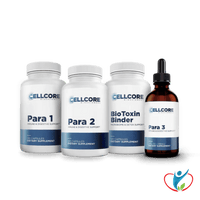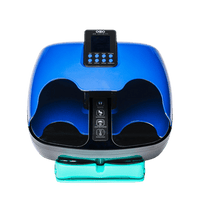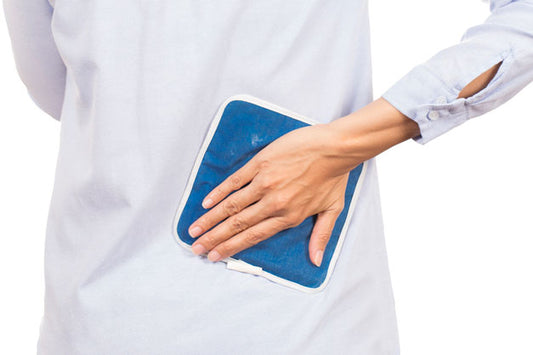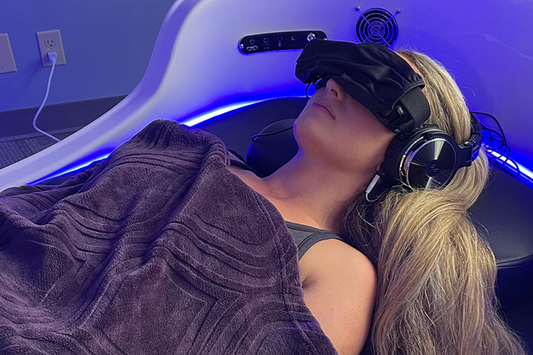Are you constantly in a stressed state?
Do you depend on coffee to wake up in the morning?
Are you struggling with irritability, anxiety, or depression?
The adrenal glands help us handle stress. This at-home saliva test provides insights about your stress response and adrenal health by measuring hormone fluctuations. Results include a personalized health plan.
Stress Test
You should take this test if you:
- Feel tired but wired
- Can't wake up without strong coffee
- Crave sugar, especially late in the day
- Get sick when you are under stress
- Feel irritable, anxious, or depressed
- Experience stress often
Stress Test 101
When our adrenal glands are functioning optimally, they produce adequate amounts of the stress hormones cortisol and DHEA that help us cope with stress and power us through the day.
Whether stress comes from outside in the form of a natural disaster, or from within like the anxiety we experience before public speaking, it's the adrenal glands' and their secretion of cortisol and DHEA that helps us adapt to the situation.
The Stress Environment
The human stress response is based on two factors ‐ one, the actual stressors (the events and circumstances that impact our lives), and two, how we cope with those stressors (how we interpret and respond to those stressors).
In general, we can exert:
- Control over the stressors: identifying what in our circumstances/environment can be changed and what cannot be changed. This is the stressor context around which we often have the least control.
- Control over the coping response: this includes behavioral responses and biological responses (interpretation, language, empathy, understanding, medical treatment, diet, nutrition, movement/physical activity, sleep habits, etc.). This is the stressor context around which we often have the most control.
Testing for cortisol and DHEA levels reveals the pattern of these two key measures of our stress response (stressors and coping). The degree to which cortisol and DHEA levels fall outside the normal pattern can be used to guide the recommended diet, nutrition, physical activity, lifestyle, and behavioral interventions, as well as the level of aggressiveness one should apply to those interventions.
Cortisol and DHEA
When our adrenal glands are in balance, they produce adequate amounts of two stress hormones ‐ cortisol and DHEA ‐ to power us through the day and to help us cope with stress. Cortisol has wide-ranging effects in the body: it interacts with the reproductive, immune, and endocrine systems. Cortisol, as part of the stress response, prepares the body for its "fight-or-flight" response by suppressing the production and release of other hormones, such as DHEA and thyroid hormones. Cortisol levels fluctuate naturally through the day—it is highest in the morning and lowest at night. Thorne's Stress Test takes four saliva samples at four time-points during the day to capture your true cortisol rhythm. Stressors, such as those present in your work or home life, often trigger a release of cortisol, either acutely or persistently, and can harm your health in a variety of ways. Dehydroepiandrosterone (DHEA) is a hormone also produced in the adrenal glands (along with smaller amounts from the brain and the sex organs) and is used to assess adrenal function. DHEA is a precursor molecule for testosterone and estrogen synthesis, and has many other effects in the human body. The body's DHEA production generally declines with age.
Cortisol and DHEA's Interaction in a Stressful Environment
Metabolically in the body, cortisol and DHEA are antagonistic to each other, partially because they originate from a common precursor, the hormone pregnenolone. When stress elevates your cortisol level, pregnenolone is diverted from producing DHEA (the precursor for testosterone and estrogen) and is used to produce more cortisol. Thus, cortisol and DHEA exist in a dynamic "tug-of-war" with each other and when one is found to be elevated, the other is commonly found at lower levels. Each hormone can also directly antagonize the physiological effect of the other one in the body.
Thorne's Stress Test measures DHEA-sulfate (DHEA-S), the sulfate-bound form of DHEA. This form of DHEA is measured in saliva in preference to free DHEA, because it is present in higher concentrations and is more stable.
Symptoms
Potential Symptoms
Your cortisol fluctuation pattern and your DHEA levels determine whether you have a healthy stress response profile. Depending on your results, you may experience some of the following symptoms:
Common effects of stress on your body include:
- Headache
- Muscle tension or pain
- Chest pain
- Fatigue
- Change in sex drive
- Upset stomach
- Sleep problems
Common effects of stress on your mood include:
- Anxiety
- Restlessness
- Lack of motivation or focus
- Feeling overwhelmed
- Irritability or anger
- Sadness or depression
Common effects of stress on your behavior include:
- Overeating or under-eating
- Angry outbursts
- Drug or alcohol abuse
- Tobacco use
- Social withdrawal
- Exercising less often
Source: Mayo Clinic
Biomarkers
Key Biomarkers Measured via Saliva:
Cortisol the primary stress hormone from the adrenal gland. It modulates the body’s daily and long-term responses to stress. Healthy cortisol levels help regulate energy, mood, focus, and immune response.
DHEA the other major hormone from the adrenal gland. It helps to balance cortisol, especially if levels get too high. It’s also a precursor to reproductive hormones including estrogen and testosterone.
Shipping
*US law prohibits shipment of lab products to New York State, Rhode Island, and Kansas.
*Attention International Clients: Return shipping is not included with this lab purchase. Please check with your country’s regulations on shipping your sample back to US.
How it Works
How it Works:
 1. Order and activate test kit
1. Order and activate test kit
After purchasing, all home-test materials are delivered to your door.
Use the activation code located on the back of the test kit to activate your test on thorne.com and complete your health profile.
2. Complete collection and ship
Referencing the directions booklet included in your test kit, complete your sample collection from the comfort of your home.
Use the prepaid shipper to mail your samples directly to the laboratory.
3. Receive results and recommendations
Your results are reviewed by an independent board-certified physician.
You'll receive your results & personalized recommendations within 7-9 days.
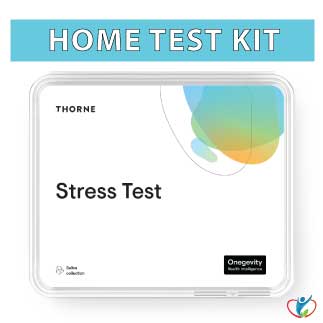
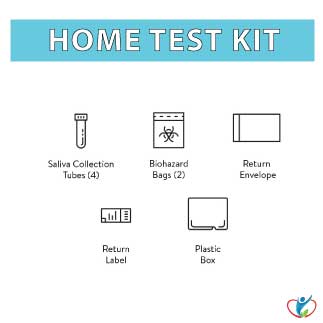
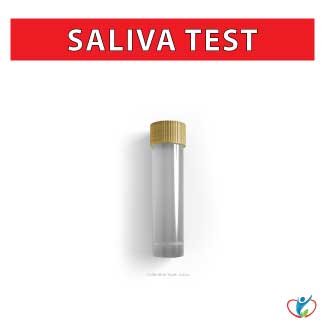
You may also like
- Choosing a selection results in a full page refresh.
- Opens in a new window.
